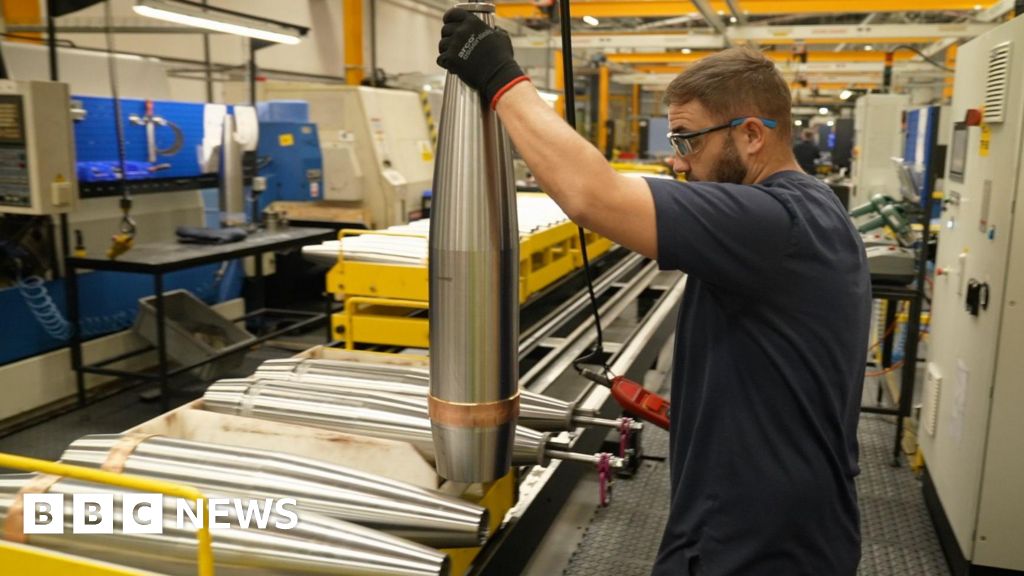ARTICLE AD BOX
Electric car maker Tesla has brushed off supply chain issues and the global microchip shortage to report record quarterly sales and profits.
Revenues rose to $13.76bn in the third quarter of the year, up from $8.77bn 12 months earlier.
The company, led by billionaire entrepreneur Elon Musk, posted a net profit of $1.6bn and sold 241,391 cars.
"We achieved our best-ever net income, operating profit and gross profit," Tesla said.
The firm said China remained its main exporting hub and it planned to roll out a different type of battery in its standard vehicles worldwide.
The new lithium iron phosphate batteries are cheaper than traditional batteries but offer lower range, Reuters reported. Analysts said this could help keep costs down and address part shortages.
Supply chain issues
Tesla said it had faced a "variety of challenges" to keep its factories running, which included the global shortage of car microchips, congestion at ports and "rolling blackouts".
There is currently a worldwide shortage of computer chips, also known as semiconductors, which are used in millions of products including cars, washing machines and smartphones.
However, Tesla added it planned to grow its "manufacturing capacity as quickly as possible" and expected to see a 50% rise in car sales annually.
"While Fremont factory produced more cars in the last 12 months than in any other year, we believe there is room for continued improvement. Additionally, we continue to ramp Gigafactory Shanghai and build new capacity in Texas and Berlin," it said.
"The rate of growth will depend on our equipment capacity, operational efficiency and the capacity and stability of the supply chain."
The majority of Tesla's revenue came from the sales of its lower priced Model 3 and Model Y cars, which rose 87% to 232,102.
'Impressive numbers'
Victoria Scholar, head of investment at Interactive Investor, said Tesla's results beat analysts' expectations.
"This is an impressive set of numbers in the context of the ongoing global chip shortage headwind," she said.
Telsa said electric vehicle (EV) demand continued to "go through a structural shift".
"We believe the more vehicles we have on the road, the more Tesla owners are able to spread the word about the benefits of EVs," it added.

 3 years ago
169
3 years ago
169








 English (US) ·
English (US) ·